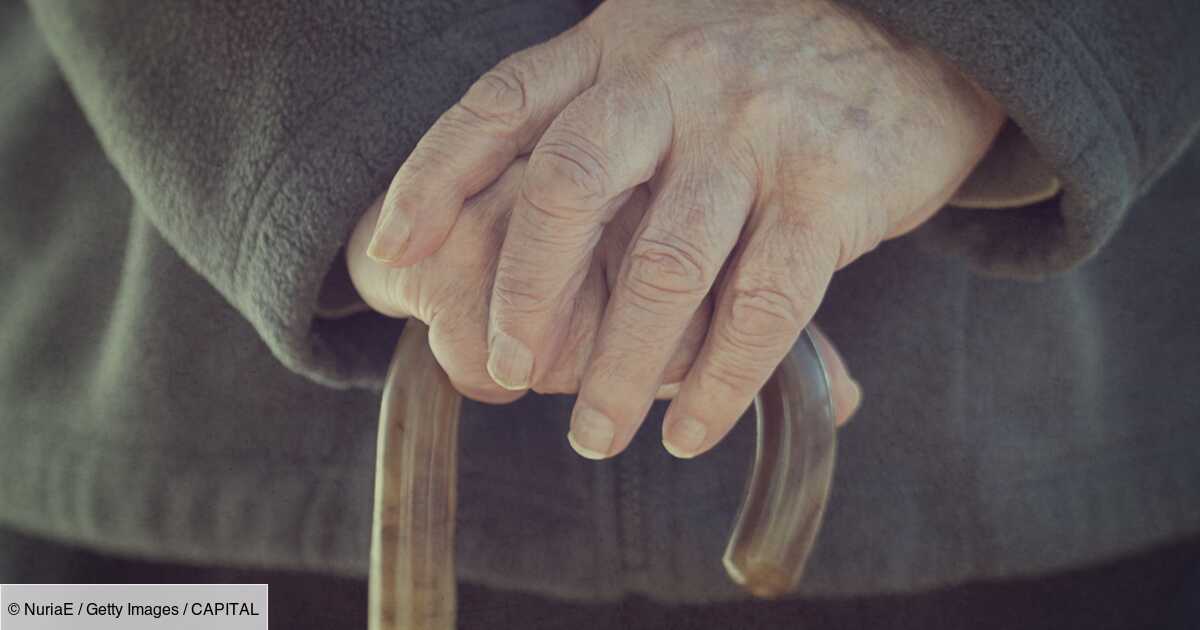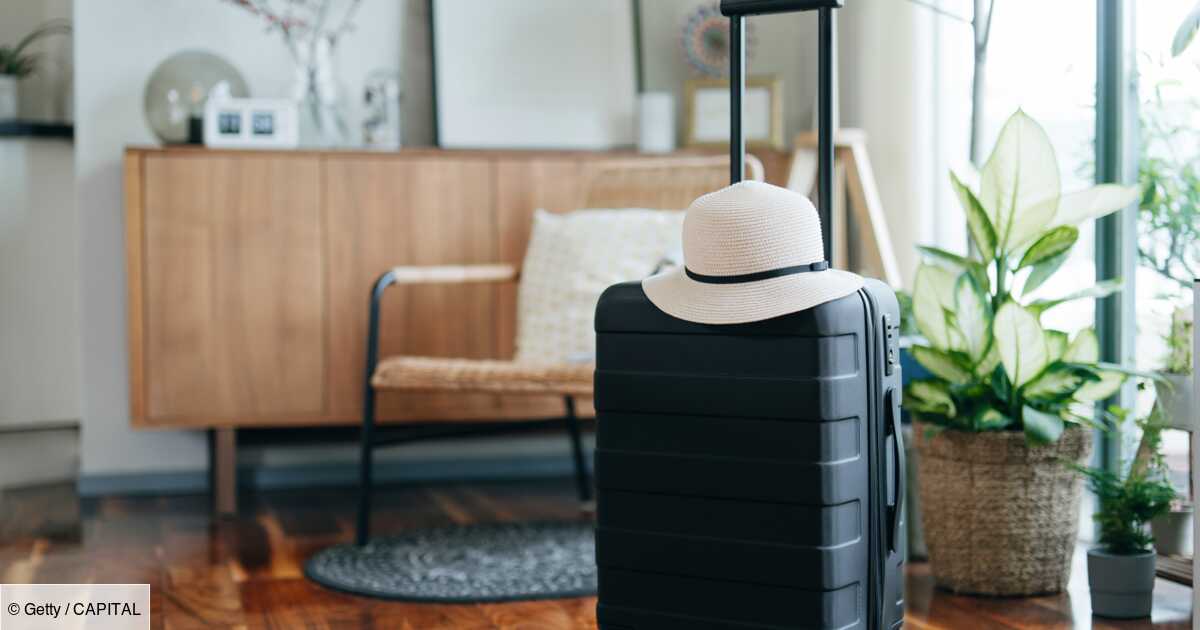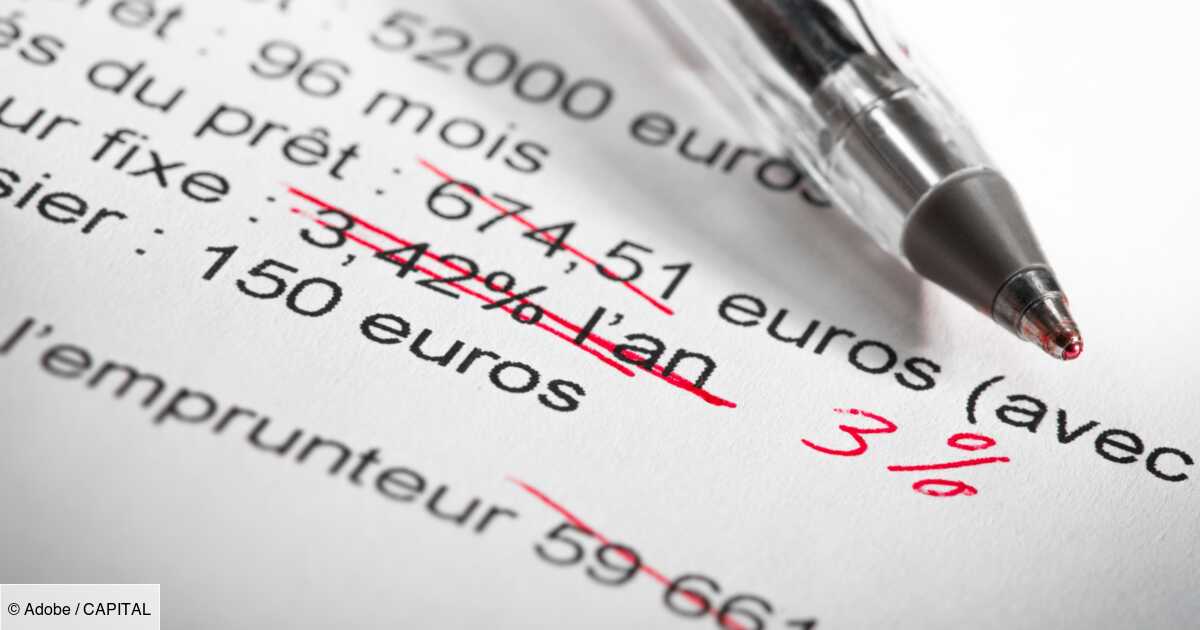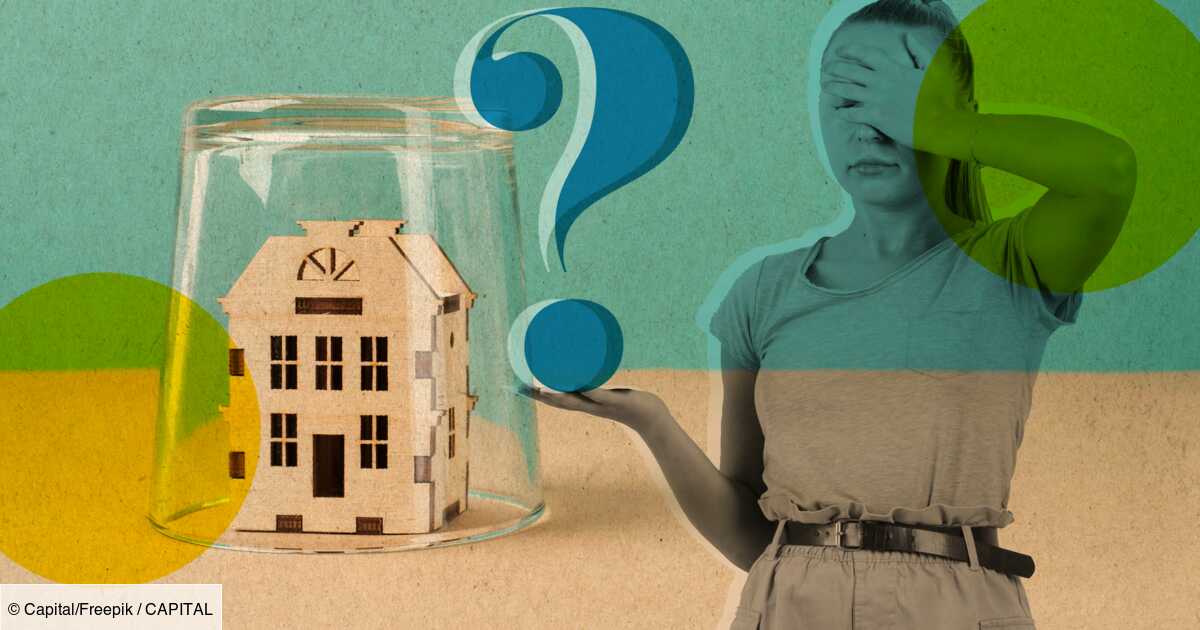The personalized autonomy allowance (APA) is a help paid by the department to the elderly in a total or partial loss of autonomy. It makes it possible to finance in whole or in part the costs necessary to stay at home or generated by a medico-social establishment. Explanations!
Summary
See more
See less
What is the personalized autonomy allowance (APA)?
Principle of APA
The Personalized Autonomy Allowance (APA) is a financial aid for the elderly loss of autonomy residing in France. It is used to pay financial expenses to keep the elderly at home that requires daily help.
The allowance is subject to several conditions. A professional of the Departmental Council must assess the situation of the applicant so that he can benefit or not.
Different types of apa
Depending on the needs and the degree of loss of autonomy from the elderly, the APA can take different forms:
- APA at home finances human aid (home help, household help, life assistants), purchase of specific equipment (support bars, wheelchairs, etc.), adaptation of housing for life daily, or the costs linked to a temporary reception.
- The APA in establishment contributes to the payment of part of the dependence rate invoiced to residents of nursing homes or long -term care units.
Solidarity allowance for the elderly (ASPA): Conditions, request and amount 2024
Who is entitled to APA?
To benefit from personalized autonomy assistance, certain conditions must be fulfilled.
Age conditions
There is no maximum age condition to benefit from the APA: anyone aged 60 and over and fulfilling the criteria can request it. This age limit thus marks a distinction between assistance devices for people with disabilities and those intended for dependent elderly people.
Level of loss of autonomy of the elderly
The level of loss of autonomy is estimated to leave the AGGIR grid. It makes it possible to determine if the applicant is entitled to the APA and the level of help he needs. The grid has six levels of autonomy called “GIR” (iso-resource groups), and a help plan is developed to determine the assistance essential to the person:
- Raise.
- To sleep.
- Dressing/undressing.
- Bathroom.
- Medication.
- Delivery.
- Imagement, etc.
Only people classified in GIR 4 (partial dependence), GIR 3 (bodily dependence), GIR 2 (great dependence) and in GIR 1 (total dependence) will be able to benefit from APA. Those classified in GIR 5 (light dependence) and GIR 6 (non -dependent) are considered to be sufficiently independent to assume without specific help.
Residence
Can only claim the APA residing in France in a stable and regular manner and foreign persons fulfilling the conditions, with a resident card or a residence permit. They must, moreover, reside either:
- at their home;
- at the home of a loved one who hosts them;
- in autonomy residence (previously called home household);
- in family reception (reception system at the home of an approved person for finances);
- In medico-social accommodation (EHPAD or USLD)
Depending on the case of the beneficiary, the amount paid under APA will be used either to pay (in whole or partially) the expenses necessary for home support, or will compensate for part of the accommodation costs in EHPAD.
Handicap compensation service (PCH): Conditions and amount
How to apply for APA?
Make an application online or via a form
The request procedure is done in two stages: the assembly of the file and its instruction. To get a file, you must contact the services of the department or to the Communal Center for Social Action (CCAS) of the municipality of residence. The request can be made directly online on Citéage.gouv.fr or via a form.
Complete your file with supporting documents
The APA seeker’s applicant’s file must be accompanied by the documents essential to his instruction:
- Copy of the identity card, passport or family book.
- Copy of the last income tax notice.
- Rib.
- Proof of address.
Some departments also require a medical certificate, an annual life insurance statement or the copy of the last taxation tax notice. Note that this folder also makes it possible to make a simplified request for an inclusion mobility card.
Wait for the decision of the departmental services
After the assessment visit and the report of the social worker, the departmental services have two months to make their decision. It takes into account parameters relating to the degree of dependence (classification in GIR 1, 2, 3 or 4) and the financial context of each applicant.
The future beneficiary has ten days to accept or request modifications to the aid plan.
Medical certificate: definition, prescription and validity
How to ask for the APA in an emergency?
If the situation of the elderly has a medical or social emergency, it can receive the l ate for an emergency and temporarily. Its amount amounts to 1022.78 euros in 2025. The request must be made to the services of the department.
APA, aid of pension funds: a single form to simplify your requests
What are the maximum income to be entitled to APA?
The Personalized Autonomy Allowance (APA) is financial aid for people aged 60 and over in a loss of autonomy. It is not subject to a maximum resource condition. However, the amount of APA and the beneficiary’s financial participation vary according to its monthly income.
>> Our service – save money by testing our health insurance comparator
What is the amount of the APA in 2025?
In addition to the classification chosen at the GIR, the participation of the department will depend on your personal income (retirement, investment income, etc.). The amounts of the APA are re -evaluated periodically, but the worsening of the state of dependence can lead to a modification of the GIR selected and therefore an increase in the sum allocated.
Maximum monthly amount of home help
It varies according to the GIR allocated, but cannot exceed a maximum monthly amount:
- GIR 1: 2.045.56 euros maximum.
- GIR 2: 1.654.18 euros maximum.
- GIR 3: 1.195.67 euros maximum.
- GIR 4: 797.96 euros maximum.
A financial participation according to the beneficiary’s income
A financial participation can be left to the beneficiary beyond 918.028 euros in monthly resources. It is distributed as follows:
Not all income is taken into account. This is the case for the APL, the fighter’s retirement and certain life annuities. On the other hand, in the event of a couple life, the revenues of the spouse or the partner of PACS must be taken into account.
In case of stay in nursing homes
Only the share of the monthly pension price corresponding to the dependence and exclusion of accommodation and care is taken into account.
The calculation of the amount of the APA in EHPAD also varies according to income. The amount of the APA corresponds to the dependence rate less participation. If the person has kept the accommodation where they lived previously, he is no longer considered her main residence.
Survivor’s pension, ASPA: the steps to reach these aids will soon be simplified
What is the maximum amount of the increase in the event of an essential caregiver?
The allowance can be increased if the caregiver is essential and needs respite. In addition, the following two conditions must be met:
- The beneficiary would be in danger without the presence of the caregiver.
- No other person can take the place of the caregiver.
The increase finances respite systems, such as day care or temporary accommodation. The maximum amount of this increase amounts to 573.77 euros per year. If the caregiver is hospitalized, she reaches 1,139.94 euros by hospitalization.
Social assistance for accommodation: principle, conditions and application file
How is the APA paid?
A monthly payment of the Departmental Council
The Personalized Autonomy Allowance (APA) is funded and managed by the Departmental Council, which ensures the payment to the beneficiaries. The payment of the APA is made each month, on a regular basis, in order to ensure continuous management of the person’s needs loss of autonomy.
A payment made to professionals directly
The compensation is paid directly to professionals providing home help, the establishment where the beneficiary stays. The latter then only have to settle the sums left at their expense.
The part intended to remunerate an employee employee at home, a family welcoming or an authorized home help service can be paid in the form of a pre -funded CESU.
Revision of payments
APA can be readjusted if the beneficiary’s situation is evolving (aggravation of dependence, increase in assistance needs). In this case, a new assessment may result in a modification of the amount paid.
Likewise, in the event of a move to another department, entry into an establishment or modification of resources, the file can be re -examined.
Tax credit for gardening for retirees
Can we combine other aids with the personalized autonomy allowance?
Some aids cannot be combined with APA. This is for example the case of:
- the simple allowance paid as part of home household aid;
- help from pension funds;
- disability compensation service;
- The complementary service for the use of a third party (PCRTP).
However, a person already receiving the PCRTP can apply for APA in order to choose the most favorable allowance.
Health house: Role, consultation and price
Should the heirs repay the APA?
After the death of the beneficiary, the APA will not be subject to any recovery or any refund on the succession or on a legacy or a donation. Thus, the amounts perceived will not decrease the inheritance left and the heritage will remain intact.
>> Our service – home support, retirement homes, service residences … Make an appointment with a phone advisor to find the best solution for your loved ones
Receive our latest news
Each week, the flagship items to accompany your personal finances.










